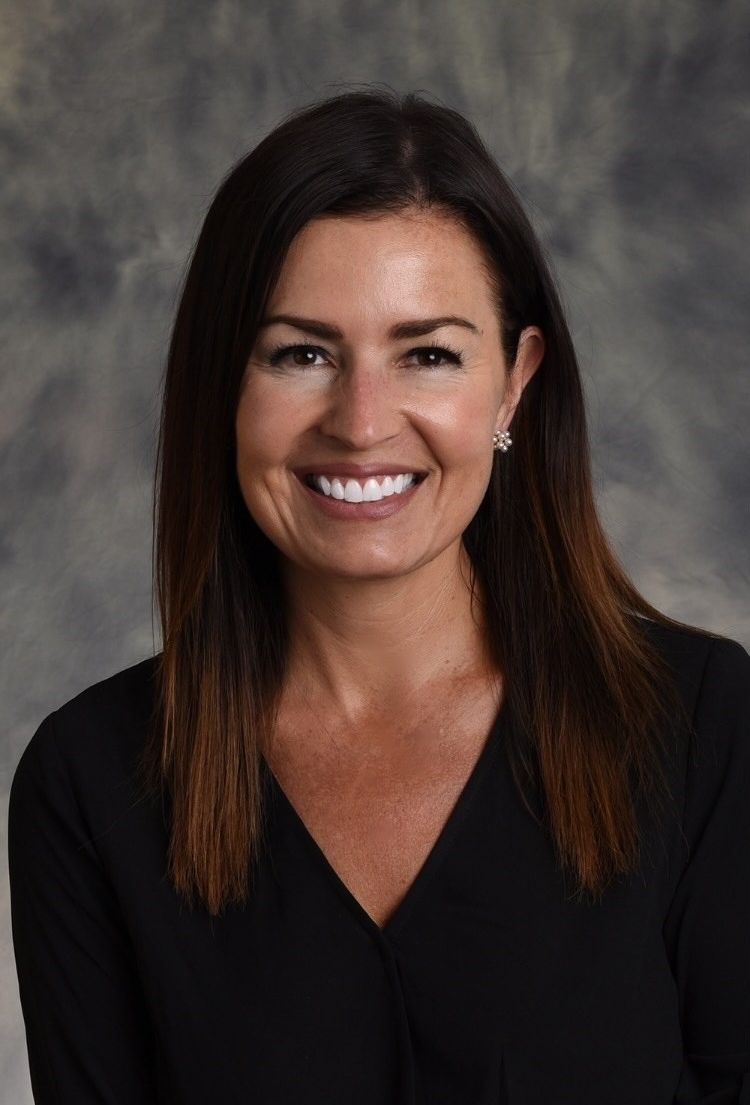
For Dr. Angela Boyd, occupational therapy’s diversity of practice makes the field rewarding. “When you open the door to occupational therapy,” she says, “you have entered a world of vast opportunity.”
Currently the academic fieldwork coordinator for Northern Kentucky University’s occupational therapy programs, Boyd was initially introduced to the discipline 28 years ago, while volunteering in hospital settings.
“I worked with kids and babies to our oldest patients, and my heart really fell into gerontology,” Dr. Boyd says. “You could do anything from serial casting to help a child reach developmental milestones to working with someone who just had their shoulder replaced or who injured their hand in a fall. It’s probably the most fascinating profession, in that respect.”
When Dr. Boyd decided to pursue postgraduate education in occupational therapy, there were fewer than 20 universities in the country offering master’s degrees. Since then, she has seen the field grow exponentially, with more than 100 master’s and doctoral programs nationwide.
“Things have changed drastically,” Boyd says. “Our program here basically combines the master’s and doctoral tracks into one. It took me seven years to get my doctorate. Our students can get theirs in under four.”
“When you open the door to occupational therapy, you have entered a world of vast opportunity.”
NKU’s Entry Level Doctor of Occupational Therapy program launched in January, welcoming its third cohort earlier this spring. To compete with regional universities, Dr. Boyd says that NKU emphasizes the evidence-based, immersive learning made possible by the university’s Center for Simulation Education, which allows students to enter their fieldwork with greater preparation.
“Right now, we have our year three students out in their fieldwork,” Dr. Boyd says. “Their performance evaluations came back, and they’re exceeding expectations at every level. To me, that validates the rigor we put into the program in order to prepare them for that step.”
As the program’s fieldwork coordinator, Dr. Boyd works with community partners throughout the Greater Cincinnati region, across the country and even overseas for study abroad opportunities in Spain. Entry-level doctoral students first complete level one fieldwork—usually in the simulation center—then move onto level two fieldwork in two different clinical settings before their capstone experiences to complete their doctorate.
She adds that the Simulation Center has helped students become more competent and comfortable working with patients, helping them develop professional behaviors.
“We do all of our simulations with standardized patients who have been trained in the community, demonstrating professional behaviors, use of universal precautions and entry-level assessment and intervention skills,” Dr. Boyd says.
For Dr. Boyd, open communication and collaboration among faculty makes NKU’s School of Kinesiology, Counseling and Rehabilitative Services a special place to work.
“We have a great director, Dr. Alar Lipping, who is very supportive,” she says. “We’re also blessed to have Dr. Terrance Anderson at the head of the program, he's opened other regional institutions of comparable rigor. But really, it’s our student-centered open door policy that makes things work so well. We appreciate our highly driven students and know investing in them is our greatest achievement.”